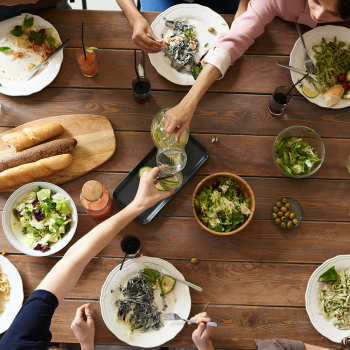More than 110,000 restaurants — an estimated 17% of the US total — closed over the past year as a result of the Covid-19 pandemic. Those that survived had to get creative, adapting rapidly to lockdowns, capacity restrictions, supply chain disruptions and staff shortages. Now, declining Covid-19 cases and expanding vaccination efforts offer a glimmer of hope for the industry’s comeback.
However, even after most people have been vaccinated, Covid-19 and its consequences will remain with us. According to a Nielsen survey, nearly one-quarter of people say they’ll spend less at restaurants in the future, both because of lingering fears over the virus and because the pandemic dramatically changed consumer behavior. For restaurants, this means that the changes required to survive the pandemic were just the beginning of a broader shift.
To attract diners and remain competitive in the post-pandemic world, restaurants need to focus on the three basic elements that customers care most about: safety, value and experience. Although health measures frequently seemed pitted against profitability and customer enjoyment over the past year, there are several changes that restaurants can make so that safety, value and experience reinforce one another rather than conflict…
Read the full article online at Entrepreneur.
This article was produced by Footnote in partnership with Michigan State University’s Eli Broad College of Business.





